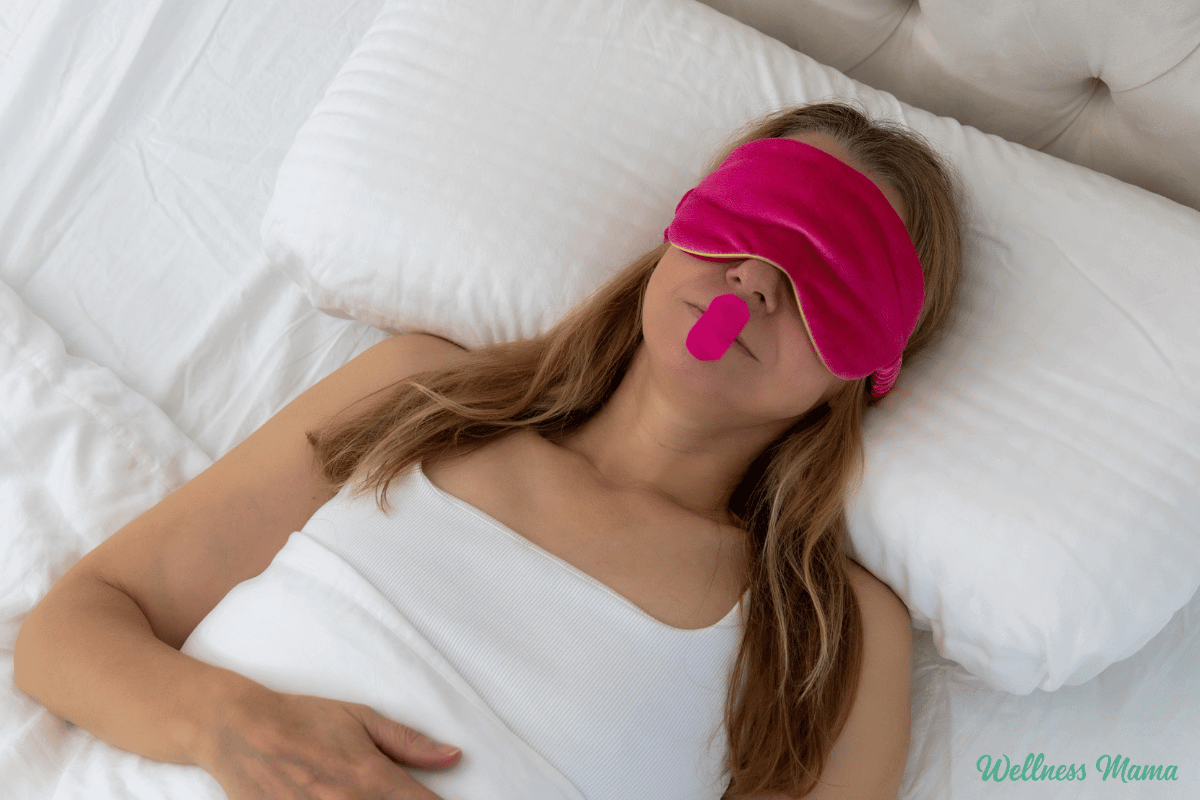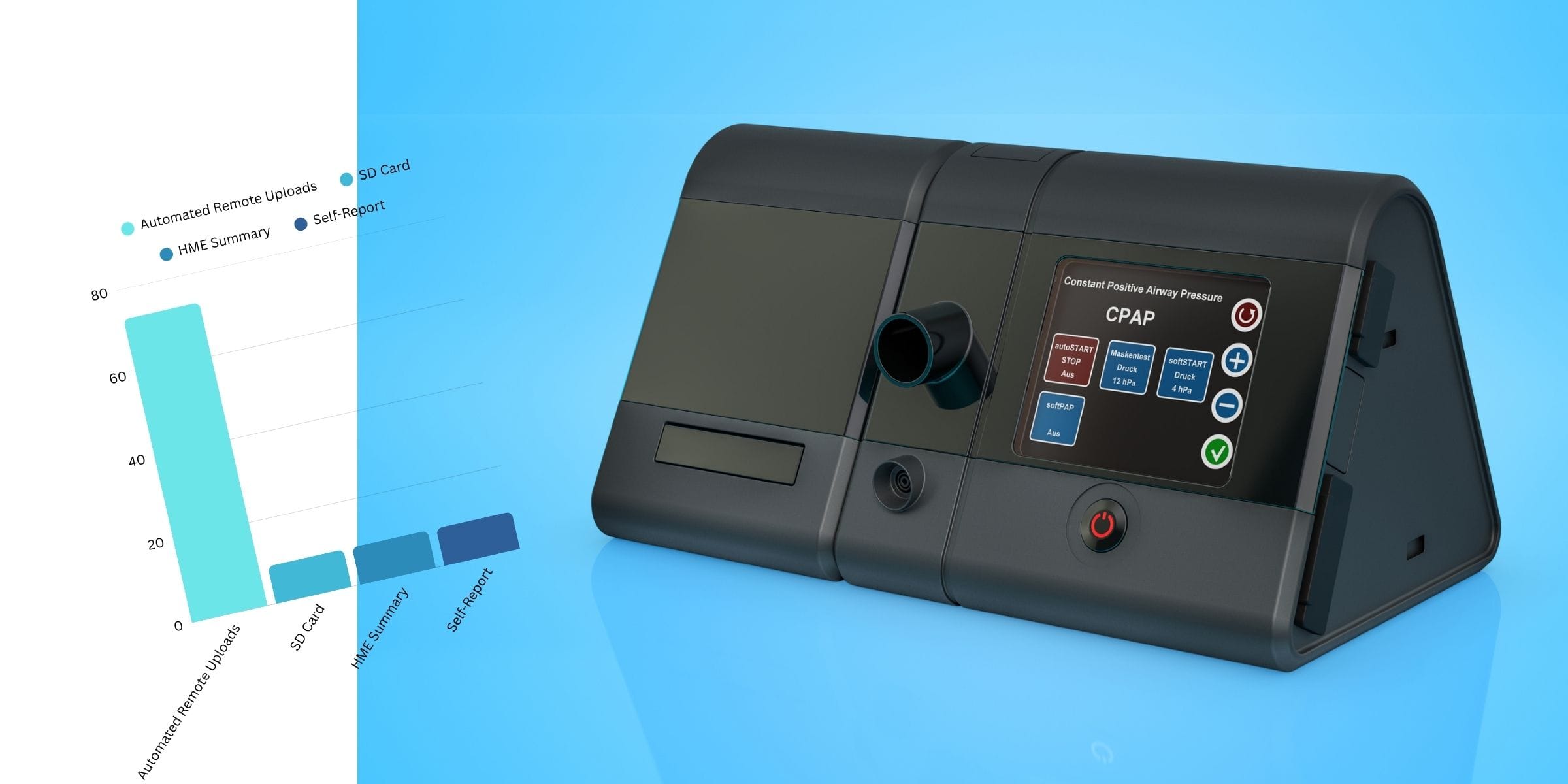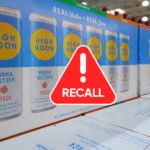By Sree Roy
The Philips recall has clearly influenced CPAP prescribing habits, according to new survey data from Sleep Review. The survey highlights how sleep physicians are navigating patient-facing device features, sound abatement technology, and patient adherence strategies four years after the Philips CPAP recall disrupted the market.
Impacts of Philips CPAP Recall
Physicians who prescribe a specific CPAP brand tend to stick with it, the survey data suggests—until a recall forced their hand. Thirty-six percent of CPAP prescribers last changed the primary brand of CPAP they prescribed about three to five years ago; in a follow-up question, most (75%) clarified the switch was due to the recall. The other cited reasons were a new device launch and durable medical equipment company-related (tied at 8%).
Just over a quarter (27%) have consistently recommended the same brand for at least the past five years, and 18% stated they do not usually prescribe or recommend a specific brand.
Do physicians pay more attention now to sound abatement technologies (the disintegration of which was at the crux of the Philips recall)? A majority (64%) said they do, but not all (32%). (Shockingly, the remaining 4% said they are not aware of the Philips recall.)
Facilitating CPAP Adherence
Getting sleep apnea patients to adhere to their positive airway pressure devices is consistently top of mind. But, surprisingly, the CPAP feature ranked first as contributing to patient adherence isn’t actually part of the device at all: It’s the compatibility with specific adherence-facilitating CPAP masks, according to 36% of respondents.
Ease of use (intuitive power on/off, for example) ranked second. Tied for a distant third were manufacturers’ unique pressure algorithms (including ramp and/or expiratory pressure relief); remote monitoring dashboard for the patient; and remote monitoring dashboard for the prescriber.
Receiving CPAP Data
When it comes to receiving that usage data, automated remote uploads—via cloud or modem—are preferred by most physicians (73%). Though the microchip shortage imperiled that for new CPAP purchases between 2021 and 2023, remote upload capability is readily available again.
The survey—which was completed in July 2025 by sleep physicians and advanced practice providers who had signed a prescription for at least one positive airway pressure device in the past five years—highlights a landscape where fewer device makers compete for CPAP prescriptions, and, in the absence of safety concerns, the CPAP mask may be more important to the device choice than anything intrinsic to the machine itself.
Peer Pulse is a Sleep Review column in which we survey our readership about their industry equipment and services prescribing and purchasing habits. Survey participants receive responses to a bonus question not published elsewhere. Questions? editor[at]sleepreviewmag.com.
We recommend for you:
ID 177767256 © Machnata | Dreamstime.com










:max_bytes(150000):strip_icc()/water-first-thing-in-the-morning-2000-99d138531d854169afc7ed97bea007cb.jpg)
